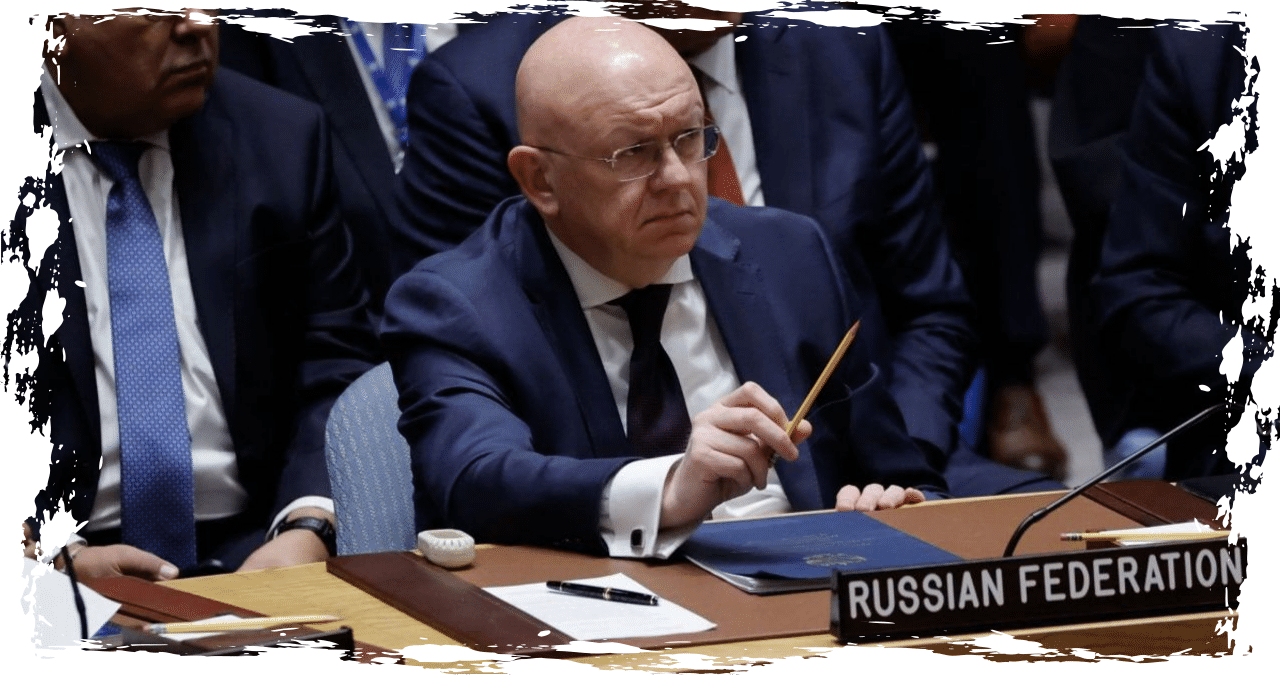The United Nations made another attempt on Monday to adopt a groundbreaking resolution, supported by Russia, to prevent an arms race in outer space. Unfortunately, this second attempt, like the previous one, was unsuccessful.
The resolution on Monday received support from Algeria, Ecuador, China, Guyana, Mozambique, Russian, and Sierra Leone. On the other hand, France, Japan, Malta, Korea, Slovenia, Britain, and the United States voted against it.
The proposal required a minimum of nine votes to be approved, with Switzerland being the only country that abstained from voting.
In April, during a vote among the 15-member United Nations Security Council, a U.S.- and Japan-sponsored resolution opposing the deployment of nuclear weapons in space was vetoed by Russia. This resolution had similar language to the one that was rejected on Tuesday.
In the previous vote, China chose not to take a stance, while 13 other member nations voted affirmatively in support of a resolution similar to April’s.
The Russian representative, in presenting the resolution on Monday, accused the western countries and others of trying to depict the Russian Federation in a negative way and imposing a specific course of action on them, which they do not support.
According to Vasily Nebenzya, Russia’s representative at the United Nations, Russia aims to show other U.N. countries through actions rather than words the peaceful nature of their intentions. Nebenzya criticizes the previous resolution by Japan and the United States, calling it “blatantly politicized.”
According to the speaker, today’s vote holds great significance for our Western counterparts. He stressed the comprehensive nature of the resolution’s draft and highlighted that it represents the interests and aspirations of a majority of UN members.
President Joe Biden recently signed bipartisan legislation that prohibits the importation of Russian uranium. This decision comes at a crucial time, as Ukraine continues to face a war with Russia. By taking this action, the United States is not only reducing its reliance on Kremlin-controlled resources but also depriving the Putin regime of a significant revenue source for its military endeavors.
In his remarks on Monday, U.S. Ambassador Robert Wood, the U.N.’s alternate representative for special political affairs, highlighted Russia’s attempt to divert global attention from its development of a new satellite carrying a nuclear device. He stated that Russia launched this satellite on May 16, placing it in the same low Earth orbit as a U.S. government satellite.
The 1967 Outer Space Treaty aims to prohibit member countries, like the United States and Russia, from deploying any objects armed with nuclear or other weapons of mass destruction in Earth’s orbit. However, Russia contends that their proposed version adequately addressed these concerns, while the U.S expressed disagreement.
The White House confirmed in February that Russia is developing “anti-satellite capability,” but they stated that it does not pose an immediate threat. On May 16, the Russian Federation launched a Soyuz-2.1b rocket from the Plesetsk Cosmodrome in northern Russia. However, the Russian government has not yet provided any information about the satellite or its mission.
According to Wood, the Russian text presented today does not contribute to the improvement of arms control. Instead, it restricts the scope of initiatives in other United Nations bodies, which could potentially hinder the prevention of an arms race in outer space.



